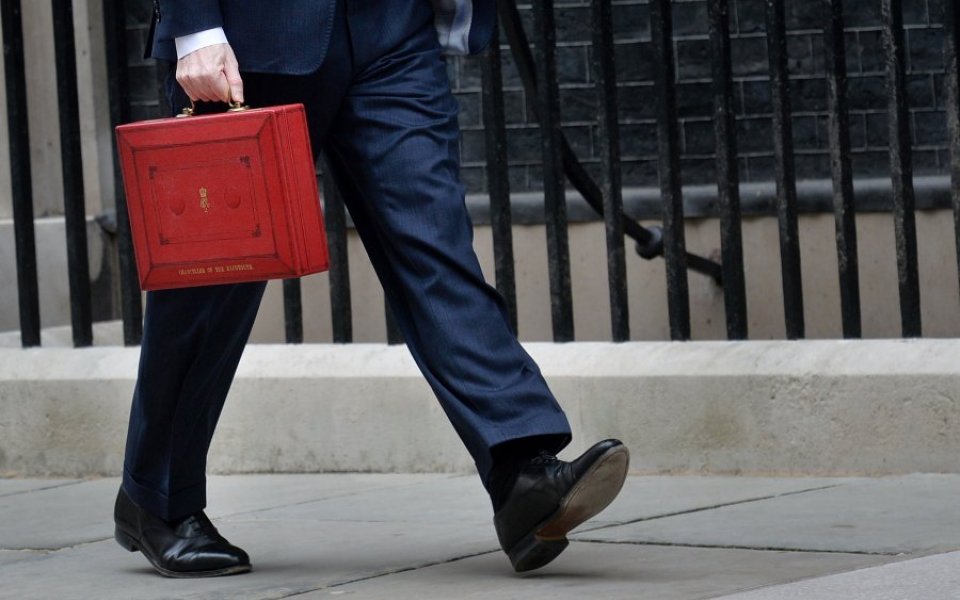Budget 2016: As chancellor George Osborne gears up for expected pensions raid, his Budget will serve up a reality check on the deficit

As Westminster whips itself into a referendum frenzy following a week of thrilling political drama, it is worth remembering that more prosaic and domestic concerns lie ahead. In three weeks’ time, for example, chancellor George Osborne will steal the limelight away from Boris Johnson, David Cameron et al. when he delivers his 2016 Budget.
Incredibly, and somewhat tediously, it will be his fifth budget of the last 16 months (at a rate of one every 94 days). Even if two of those were called Autumn Statements, these occasions of tax-and-spend tinkering are so frequent and similar that they are known to Treasury staff as simply “fiscal events”.
Their regularity is as predictable as the fact that Osborne will, yet again, miss his deficit reduction targets. In order to meet forecasts made as recently as November, the government would need to limit borrowing to £7bn during February and March combined. This is an achievable ambition, sure, but looks extremely difficult given that the British state borrowed nearly £15bn during the same two months of 2015.
Read more: Former pensions minister warns Osborne will drop a "tax bombshell" with pensions overhaul
In the year to January, £53bn was added to the government’s enormous debt pile, while net debt as a percentage of GDP fell by a statistically irrelevant 0.1 per cent. It is likely that, in the current financial year, the government will have borrowed over £75bn, and maybe as much as £80bn.
Osborne stresses that “we can’t be complacent” with the public finances (no kidding), and last month warned of a “dangerous cocktail” of global factors threatening the British economy. With no sign of a significant slowdown in government spending, that can mean only one thing – further tax rises.
In keeping with political tradition, the opening budgets of this parliament have been tax-lifting exercises. However, rather than using up political capital on unpopular taxes, Osborne has brought in numerous smaller and stealthier measures, such as the so-called apprenticeship levy and a new tax on people who pay themselves through dividends.
This time he is expected to launch a raid on pensions, targeted principally at high earners. But that alone will not get the deficit reduction plan back on track; businesses and City workers alike should brace for another hit.